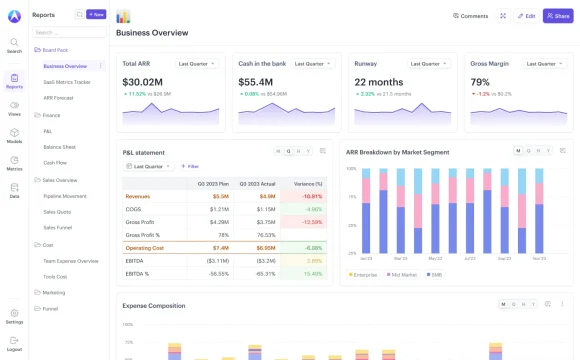Accounting is a methodology by which accounting information is processed and communicated to a decision maker. The discipline of accounting studies is vast, and includes accounting theory, auditing, statistics, and application of methods and principles to accounting. Auditing is one branch of accounting that attempts to ensure that the process of accounting is reliable. The aim is to provide knowledge of the financial condition of a company to investors and stakeholders. Statistics provide information on trends and patterns that are helpful in the analysis of accounting data. Accounting information is essential for decision making, management of resources, and planning for the future.
Generally, accountants use several methods to arrive at accounting information. Generally, an accountant creates an accounting period that describes the activities related to the daily operations of the company during a particular period. The scope of activities is limited to those that were formally initiated during the preparation of the balance sheet. There are different methods of accounting, such as the single-entry, double-entry, or proportional accounting system. Single entry accounting system is the most traditional form of accounting, which records only the income side of the ledger. Double-entry accounting system is used to record the income and other financial transactions of a company on a daily basis, and is more efficient than the single entry method since it provides information on both income and balance sheets.
Most of the companies today have appointed a controller or a financial officer to make decisions on behalf of the company. A controller is in charge of making decisions about day to day financial activities of the company. A financial officer is responsible for ensuring that the objectives and plans of the company are properly executed. While the functions are similar between these two positions, a major difference between them is that a controller is given more power to make decisions, while a financial officer has lesser authority to make decisions.
While accountants can directly produce financial statements or reports from financial documents, they cannot give legal advice or a recommendation to any company. An accountant may help an owner or director make decisions to increase profitability. On the other hand, financial accountants prepare reports provided by management that are used to make decisions regarding strategy and planning for the future.
There are different types of accounting transactions, which include the following: Financial reporting transactions includes preparing financial statements for reporting to shareholders; minimization of tax transactions, expenses, and assets; transfer of debt and other assets; and miscellaneous transactions, including payroll, vendor payments, capital expenses, and sales. Capital transactions include repurchase, repayment, and change of the debt and lease payments. Management accounting transaction includes preparing the financial statements, assessing the effectiveness of the internal control systems, preparing the interim Financial Statements during the control period, and providing management recommendations to improve the effectiveness of internal control systems. Financial reporting and management accounting transactions are reported in journals published by the accounting firm.
Accounting has been around since ancient times. Ancient civilizations devised complex systems to account for the economic activities of their people, as well as to record taxes. The first accounting records were not perfect, but gradually accountants developed the basic techniques to record daily transactions in the economy. Today, many countries use detailed financial statements and journals to record public information on their businesses and individuals.









